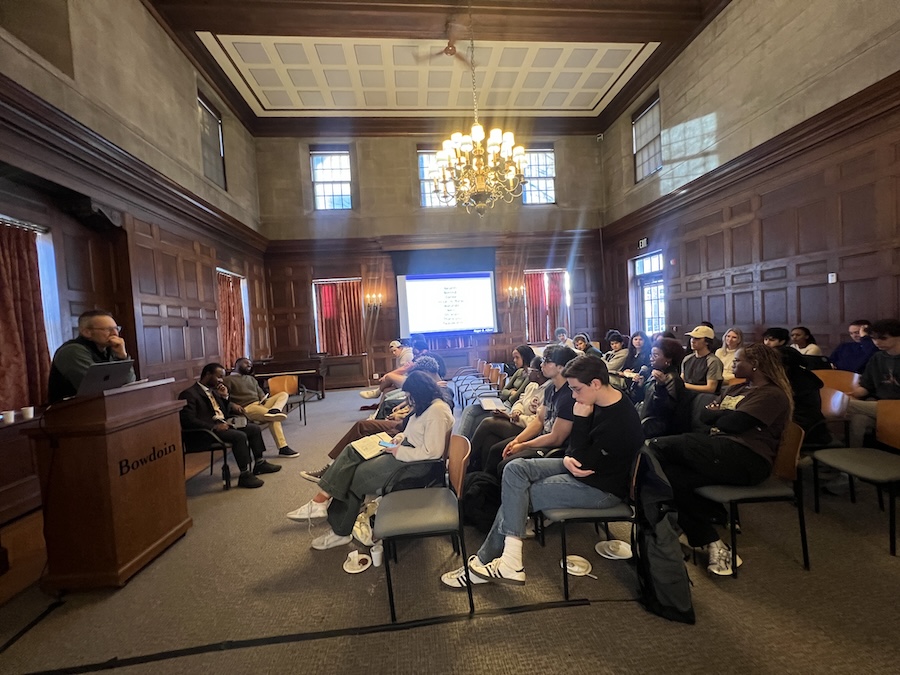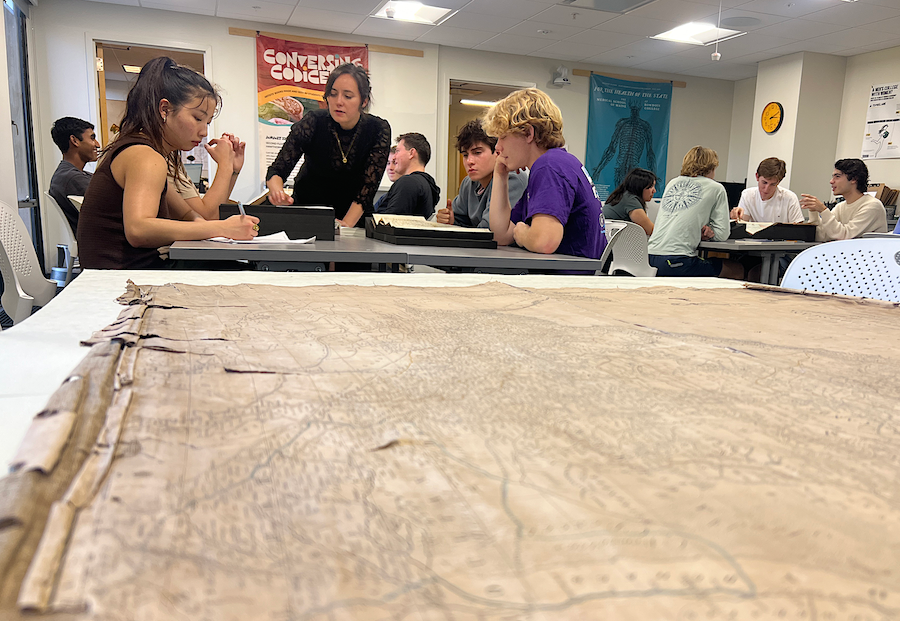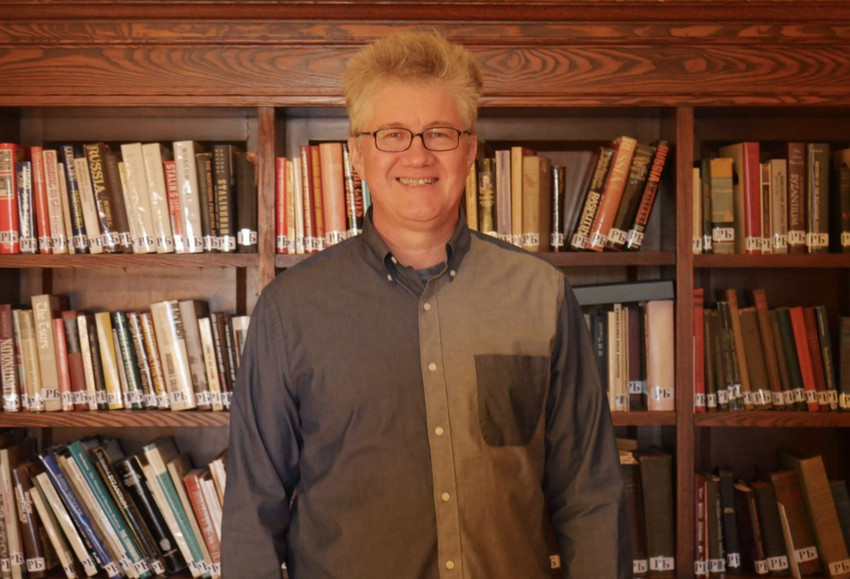Golz Lecture Addresses End of Cold War and Rise of China
By Tom PorterThe rise of China as a global power does not mean we are seeing the return of a cold war, said Yale University’s Arne Westad. Instead, he observed, the world now finds itself in a new and potentially more dangerous state of multipolarity.
Watch Professor Arne Westad’s talk
Westad, Yale’s Elihu Professor of History and Global Affairs, was delivering the Alfred E. Golz Memorial Lecture on October 27. His talk, titled "The End of the Cold War and the Rise of China," explored how China remained a one-party state while at the same time embracing market capitalism. “There was never any intention for Chinese communists to give up political power as economic situations changed,” observed Westad.
This transformation of China, which Westad described as the “great story of our time,” was one of the factors that led to the end of the Cold War by undermining the ideological underpinning of the more strictly Communist Soviet Union. The growth of China, both economically and militarily, has also occurred amid worsening diplomatic ties between Beijing and Washington, he commented.
Today’s global stage is one of “messy multipolarity,” said Westad, a state of affairs the world has not really seen since before the First World War. There are also international tensions in a number of areas, such the South China Seas and the Korean peninsula, which could spill over into a “hot war,” he explained, and it requires extraordinary discipline from the US and China to stop that from happening.
Furthermore, Westad added, the current situation is exacerbated by the fact that Beijing regards the US as a power in decline but also as a threat, while China is “probably the power that’s rising the quickest [within the international system] while continuing to be illiberal.”



